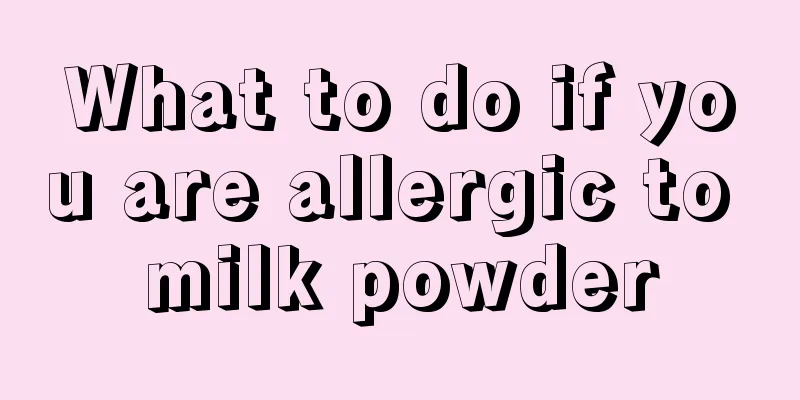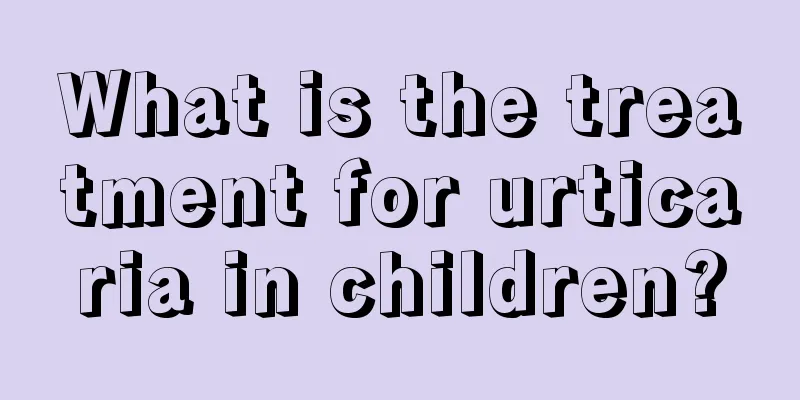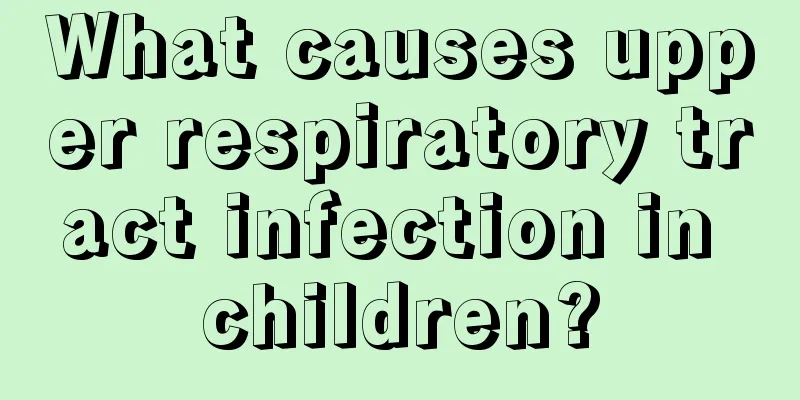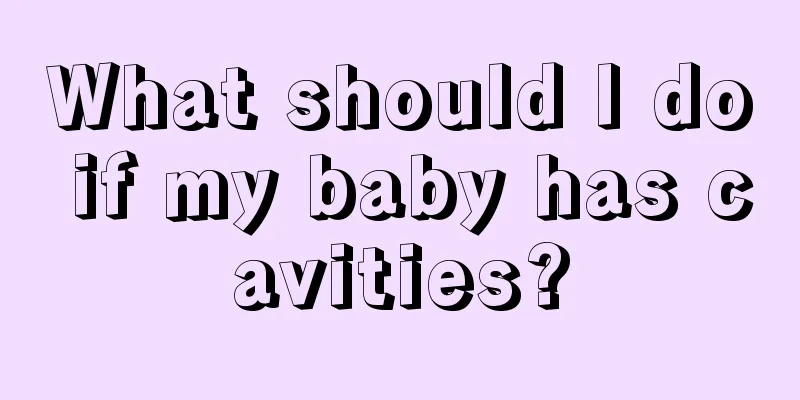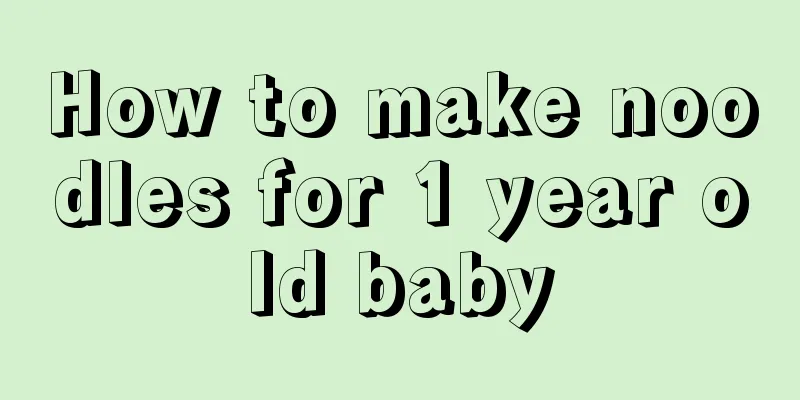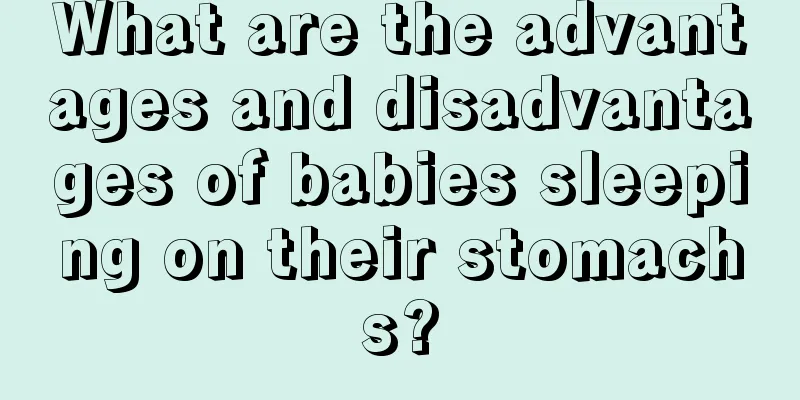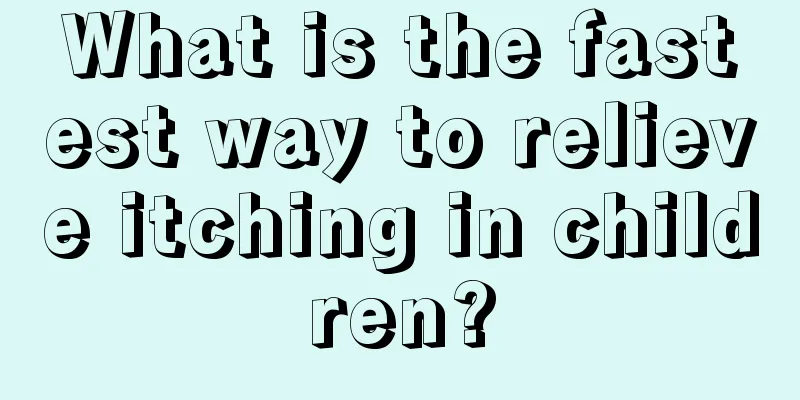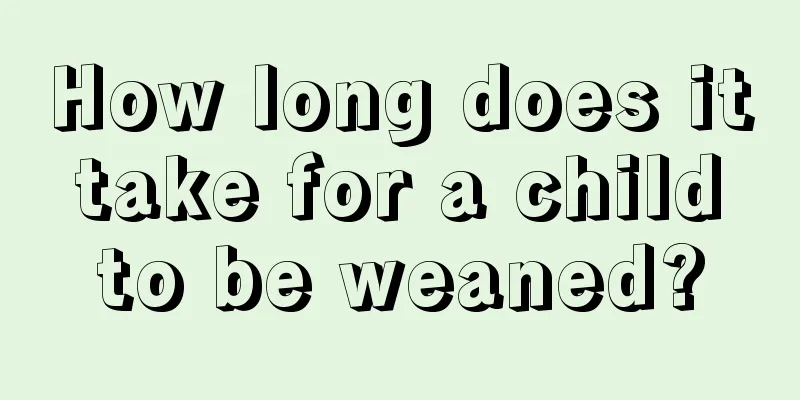What should I do if my baby has a recurring fever?
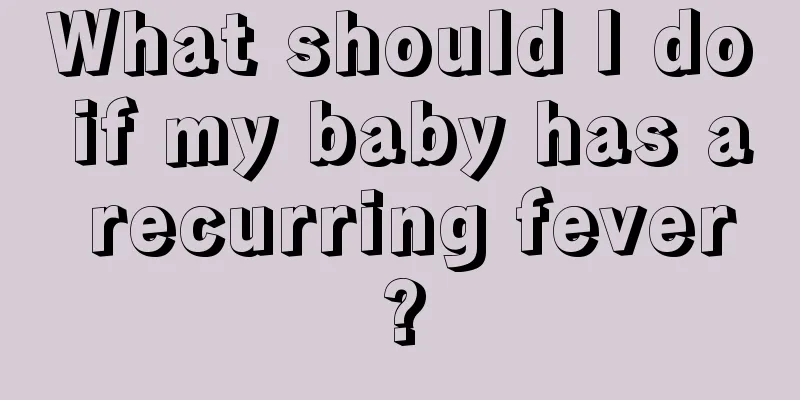
|
Some babies have problems with their bodies, so they need to pay attention to take appropriate methods for treatment in time, so as to ensure the health of the baby and avoid the baby's fever causing dangerous conditions for the baby's body and affecting the baby's safety. So what should I do if the baby has a recurring fever? Let me introduce it to you below. Colds are spread through the respiratory tract. The viruses and bacteria that usually cause colds exist in the human nasopharynx and are released into the air through coughing, sneezing, talking, etc. When children inhale these droplets containing pathogenic microorganisms, they are likely to catch a cold. Therefore, try to avoid contact with children or adults who have colds, and do not go to crowded public places during the epidemic season. Fever when children have a cold is a defensive protective reaction of the body. It can promote blood circulation, enhance the activity of white blood cells, improve the body's resistance, and facilitate recovery from the disease. As long as the body temperature does not exceed 38.5℃, it generally will not cause harm to the internal environment of the body. If you use antipyretic medicine as soon as a child has a fever, or even increase the dosage of the antipyretic medicine without authorization, the child will sweat too much and suffer from water and electrolyte imbalance, which will lead to collapse and shock. Some children may experience a sharp drop in white blood cells and platelets, and even gastrointestinal bleeding. The abuse of drugs to reduce fever can also mask the condition and interfere with doctors' diagnosis and treatment of the disease. Of course, continued high fever will increase the burden on the heart and blood vessels, cause dysfunction of the cerebral cortex, affect gastrointestinal function, and reduce the body's resistance. So once you have a fever, when should you reduce it and which antipyretic medicine should you use? You must grasp the timing and treat each case accordingly. First, a clear diagnosis is required. Moderate and low-grade fever can be reduced by physical means. If the child continues to have a high fever and the body temperature exceeds 38.5℃ and does not subside, ask the doctor for guidance and give antipyretics. Second, if the child has a history or family history of high fever convulsions, once a high fever occurs, he or she needs to take antipyretics in time to prevent accidents. Third, if the child suffers from central fever, such as fever caused by brain degenerative diseases, hyperthyroidism, congenital ichthyosis, Sjögren's syndrome, etc., antipyretics will not work. The above is my opinion on this issue. If the baby has the above-mentioned fever problem, then the baby needs to pay attention to take appropriate measures to treat it in time to ensure the safety of the body and avoid danger to the baby due to the above-mentioned fever problem. Finally, I wish the baby a speedy recovery. |
<<: What should I do if my baby has cough and asthma?
>>: What massage methods can relieve baby's fever?
Recommend
What to do if baby's skin peels
The baby's body is very fragile and the baby&...
What should I do if my child has inflammation and repeated fever?
In our lives, there are some diseases that occur ...
Can eight-month-old babies eat sweet potatoes?
Many people like to eat sweet potatoes. Sweet pot...
What are the common methods of children's nutrition recipes?
Nowadays, more and more people pay attention to t...
What causes baby's knee joints to make noises?
Many mothers have found that their children's...
Newborn baby autumn and winter clothing guide
As the saying goes, cover yourself in spring and ...
Why does the fetus always hiccup?
Everyone knows that the baby moves when it is in ...
What causes abdominal hernia in children?
Inguinal hernia is a type of hernia next to a chi...
How long should children take zinc supplements?
For children, they should pay attention to zinc s...
What are the symptoms of neonatal favism?
Neonatal favism can be said to be a problem that ...
How to deal with children's convulsions
As we all know, children will be threatened by ma...
Teach you how to grow taller quickly
Being too short is a fatal harm to many boys. Not...
How to treat bedwetting in children? These remedies are effective
Many parents think that it is normal for children...
What are the causes of enuresis in children? This is the truth!
There are many reasons for enuresis in children. ...
Why does a child drool?
Parents all hope that their children can grow up ...
